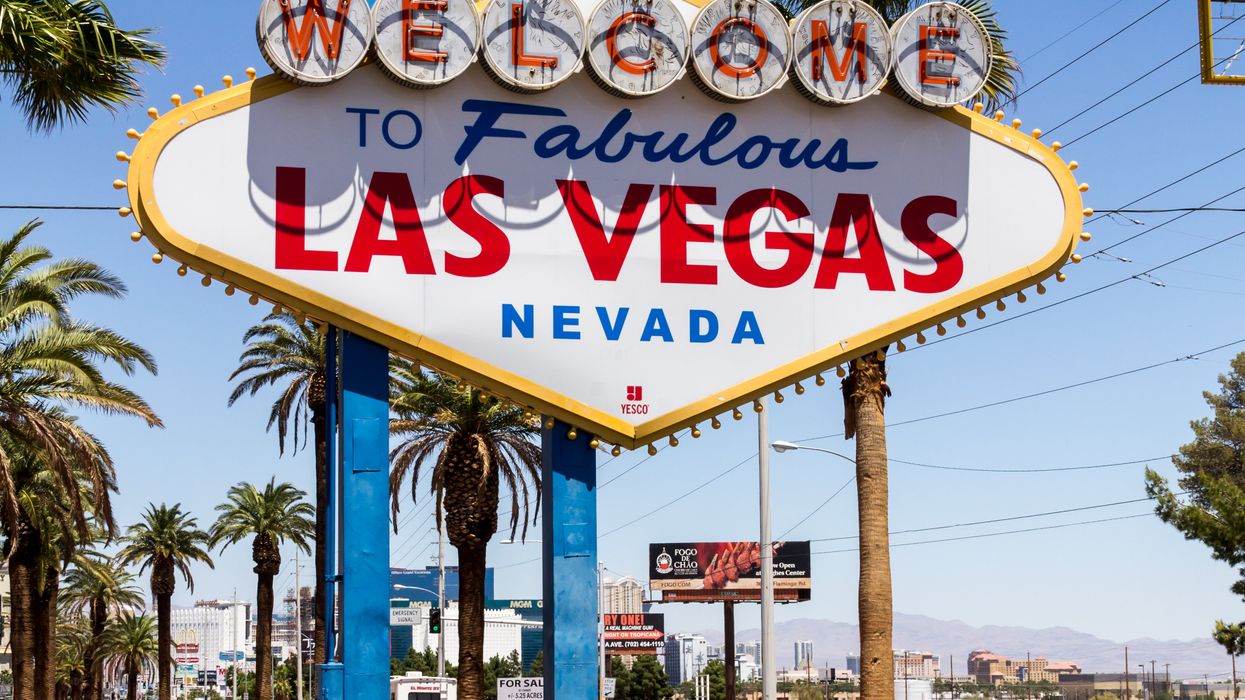In an election year when voting rights have been under tremendous attack, Nevada voters have the chance to make their state the national leader in voting rights.
Question 4, which has mostly flown under the national radar, would enshrine Nevada's Voters Bill of Rights into the state Constitution. If voters pass the measure, this bill of rights will become the most affirmative, comprehensive set of voter protections in any state.
While all 50 states provide some voting protections in their constitutions, none are as detailed as Nevada's would be. And the fine print matters. The absence of affirmative, comprehensive voter rights in the U.S. Constitution — and the limited protections in state constitutions — have allowed state legislators to pass laws that infringe on voting rights, suppressing the vote. Courts have upheld these restrictions.
The elections of 2020 have been carried out amidst a deadly pandemic. Uprisings in support of Black Lives Matter have been met with a violent white supremacist backlash. This has starkly exposed the impact of insufficient constitutional protections for the right to vote. They've also left many wondering what voting could have looked like this year, with stronger voting-rights laws.
There's good reason to believe, if voters in every state had the constitutional right to "receive and cast a ballot that is written in a format," as the voters of Nevada may soon have, states like Texas and Tennessee would have had a harder time justifying strict excuse requirements for absentee voting during a pandemic.
It's hard to imagine how, if voters in all states had a constitutional right to "vote without being intimidated, threatened, or coerced," a judge in Michigan would have allowed for the open carry of guns at polling places. Or how, if all voters had a constitutional right to "have equal access to the elections system without discrimination," Alabama could have succeeded in banning curbside voting. That's a critical option for voters with disabilities and others facing heightened Covid-19 risk.
To be sure, such state constitutional protections won't solve everything. The federal courts today are a hostile venue for voting rights, and it may get worse. In an opinion this week preventing Wisconsin from counting ballots postmarked by but received after Election Day, Justice Brett Kavanaugh signaled the court's willingness to usurp state courts' power to interpret their own voting laws.
Yet, constitutions are still the place where we enshrine our most fundamental values and protections. They're one of the most powerful strategies in the fight for an inclusive democracy. That's why at Demos we have advocated for an amendment that achieves a truly pro-democracy U.S. Constitution. And it's why, as the votes are counted after Nov. 3, we'll be watching to see whether Nevadans lead the nation in advancing such a vision.
Laura Williamson is a senior policy analyst working on voting rights and democracy at Demos. Read more from The Fulcrum's Election Dissection blog.



















